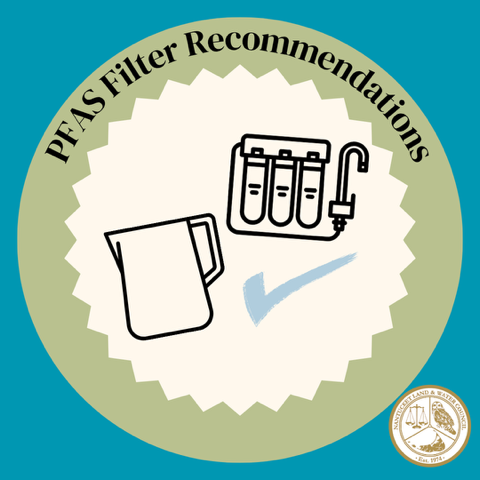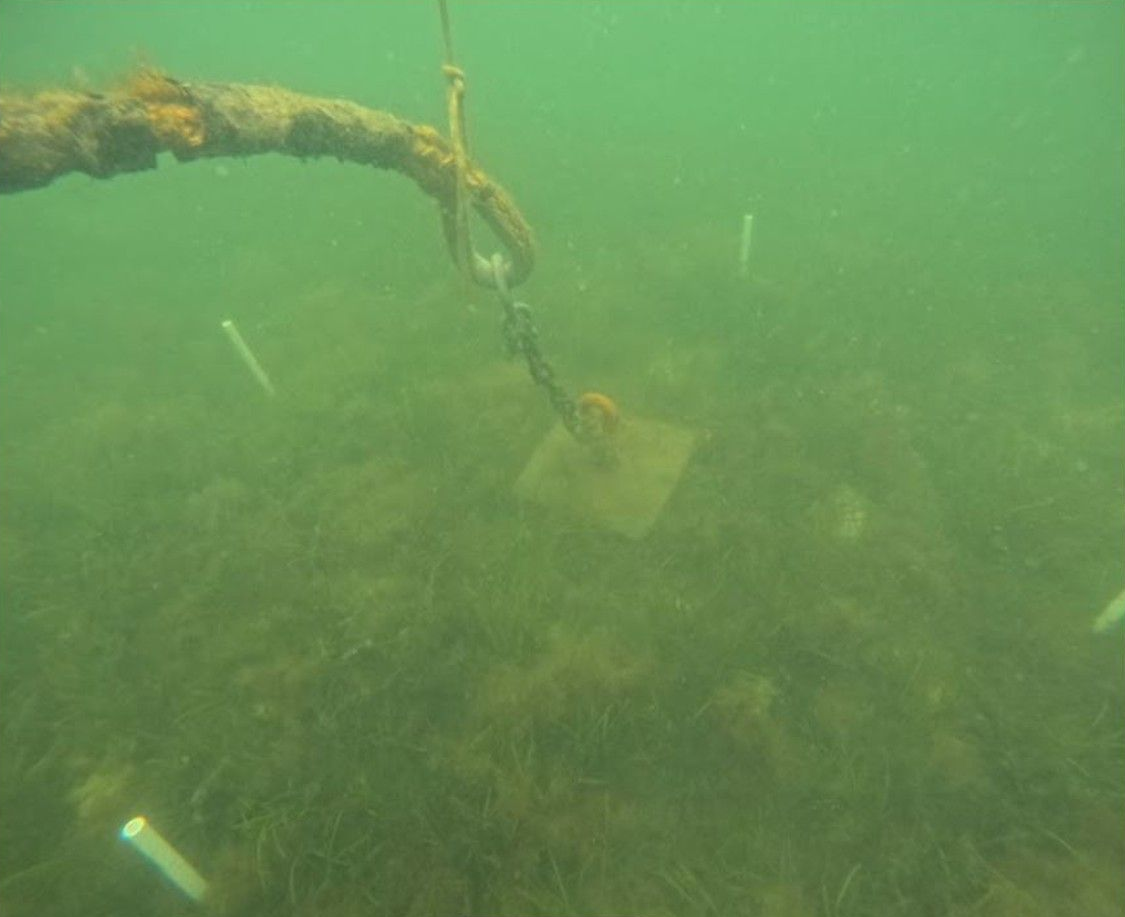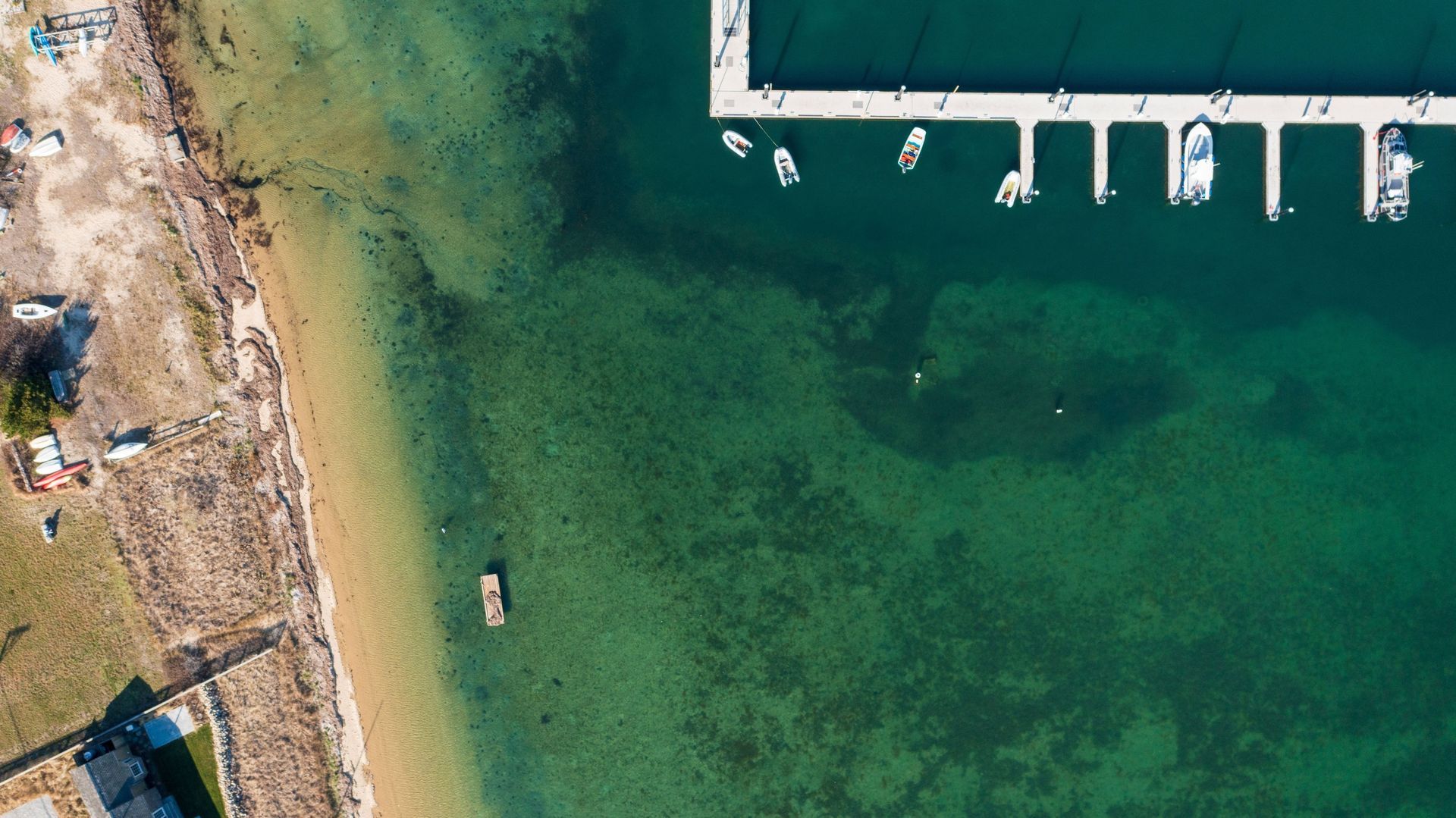NLWC News
Protecting Your Tap: Choosing the Right PFAS Water Filter for Your Home
If you're concerned about PFAS (per- and polyfluoroalkyl substances) in your drinking water, filtering your water is an easy step you can take to reduce exposure. There are effective filtration options that can significantly reduce PFAS levels in your tap water.
Below, we've outlined a few types of filters that are known to reduce PFAS, along with the certification to look out for, to help you choose the right one for your needs and budget.
What to Look for: NSF Certification
When selecting a filter, the Nantucket Land & Water Council recommends using water treatment devices that are NSF certified. NSF International certification provides independent, third-party verification that a filter’s reduction claims have been validated.
Look for NSF/ANSI Standard 53 when searching for all drinking water filters and NSF/ANSI Standard 58 for reverse osmosis systems. These standards ensure that certified filters effectively reduce PFAS to below 20 parts per trillion.
NSF-certified filters are available in many formats, including pitchers, under-sink units, and reverse osmosis systems. You can find a searchable list of certified products on the
NSF International website.
Pitcher and Countertop Filters
Best for: Renters or those looking for a low-cost, easy-to-use solution.
Pitcher-style and countertop filters are convenient first lines of defense. Many use activated carbon or ion exchange technology to reduce PFAS and other common contaminants like chlorine and lead. While these options may not be as thorough as more complex systems, several models have been tested and certified to reduce PFAS to safe levels.
The Environmental Working Group (EWG) has reviewed and recommended a number of effective pitcher and countertop options. You can explore their top picks
here.
Undersink and Reverse Osmosis Systems
Best for: Households looking for a more comprehensive, long-term solution.
Reverse osmosis (RO) systems are among the most effective tools for removing PFAS from drinking water. These systems often include several stages of filtration, starting with sediment and activated carbon filters to remove chlorine, VOCs, and other impurities. Then, water passes through a semipermeable membrane that screens out tiny particles, including PFAS, heavy metals like arsenic, and other hard-to-remove contaminants.
When it comes to RO systems to reduce PFAS, the NLWC recommends at least a
5-stage NSF-certified filtration system. Many different systems can be found online and easily installed. It is important to remember to regularly change the filters of whichever RO system you choose regularly and to dispose of used filters properly per manufacturer guidelines.
Bottom Line
By investing in a certified filter that fits your home and budget, you can take meaningful steps to protect your household from these persistent chemicals. As always, if you have any immediate concerns about your water quality, we recommend obtaining a testing kit from the Health Department at 131 Pleasant Street.






